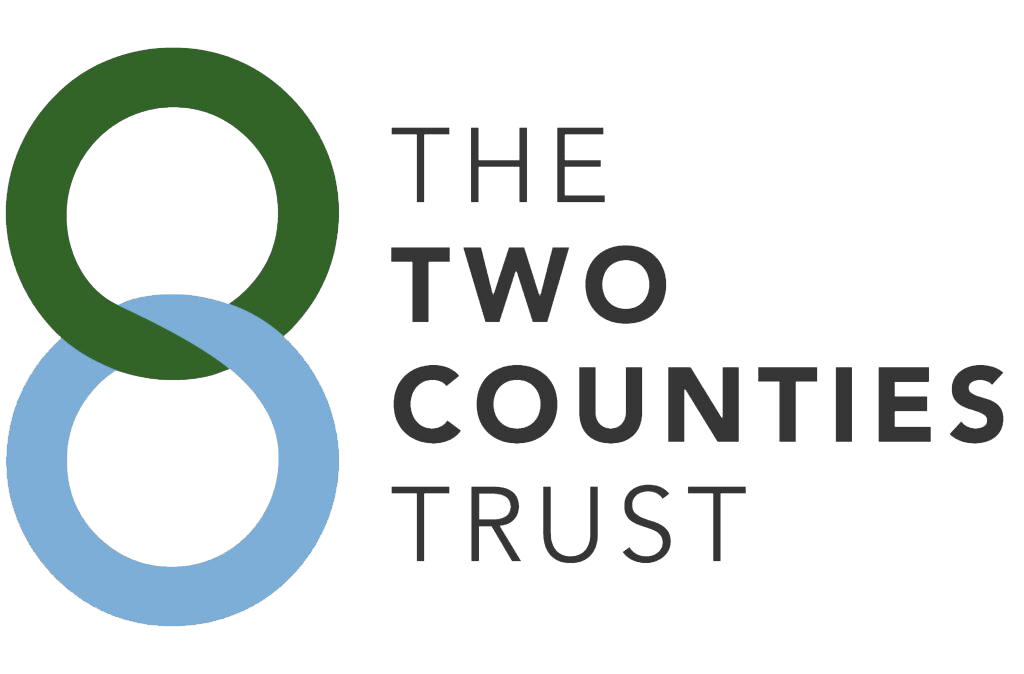There’s no room for complacency.
Over 62,000 findings of hate speech and 900,000 of toxic language.
We live in a digital world and almost everyone has a sizeable on-line, social media footprint. According to Meltwater, there were 57.10 million social media users in the UK in January 2023. Compared to previous years, in almost all countries and particularly in the UK, social media use continues to increase. More broadly, 86.4 percent of the United Kingdom’s total internet user base (regardless of age) used at least one social media platform in January 2023₁.
Why undertake a social media check?
Social media is under scrutiny more than ever with studies showing an individual’s online behaviour is a reflection of how they behave offline. Hardly surprising therefore that it’s increasingly common for employers to review a candidate’s online presence. Indeed, according to ResumeBuilder₂ three quarters of hiring managers look candidates up on social media before hiring them, and 8 in 10 of those actually chose not to hire candidates because of information they found online.
In a number of sectors, where security or safeguarding is of paramount importance, social media screening goes hand in hand with a DBS check as part of the vetting process. Education is one such market with the Department of Education and Ofsted recognising the need in the KCSIE guidelines:
Keeping Children Safe in Education (KCSIE) 2023 states that schools “should consider” carrying out an online search as part of due diligence on shortlisted candidates. The new KCSIE guidance states that schools and colleges must let potential candidates know that online searches will be done as part of due diligence checks ahead of their interview. KCSIE guidance must be followed unless there is a very good reason not to which should be recorded.
Social Media Checks are important for many reasons as well as being a valuable tool as part of the recruitment process. The reputational damage caused through an unsavoury post coming to light should not be underestimated.
In summary Social Media Checks:
The dangers of manual searches and human interaction.
An online search of a candidate’s background can be very revealing. For some organisations, the first thought is to ask Google or other search platforms for information that’s available in the public domain. Most are conducted without the prior knowledge of the individual and this DIY approach to an online search often not only provides an incomplete picture but, more importantly, can be uncompliant and, in some cases, unlawful. Leading education legal firm Browne Jacobson₃ provides some useful guidance on this subject.
First and foremost, with any online search, you cannot be certain that the person you are Googling is indeed the right one. Even if you have a photo of the individual many handles have avatars or pictures of the family pet or some other image. To do this thoroughly, even on the right person, requires a great deal of searching and trawling of the social media posts that it might reveal. Worse still, with a manual search, you open yourself up to subjectivity based on your own values, beliefs and perceptions, and potentially discover information that isn’t relevant to the hire and deemed as protected characteristics. Finally, you will most likely need to produce some sort of report that verifies you have carried out the check. Bearing this in mind, it’s unlikely that you can perform a manual search and report in less than half a day.
In short, manual searches are fraught with dangers. Have you?
The benefits of a technology solution
The vast majority of online checks relate to information found on social media platforms. A technology solution to a social media check is more efficient, thorough, reliable, objective and consistent than a manual check.
Social Media Check (SMC) is a fully automated solution that can check posts, both public and private (optional), against a number of risk categories. It searches all posts across the major social media platforms using machine learning and algorithms, eliminating the need for manual searching or the possibility of unconscious bias. Checks exclude private messaging apps like Whatsapp.
Using algorithms and machine learning, SMC provides a comprehensive and easy to follow interactive report and certificate in under an hour. It searches posts against seven key behavioural characteristics: toxic language, extremist groups, hate speech, swearing and profanity, potential nudity and negative sentiment, highlighting content which might cause embarrassment, harm or reputational damage. Organisations can also add specific key client words to the search such as the name of a school. Content can be both text or images as SMC uses Optical Character Recognition (OCR) to provide a complete and robust solution.
Social media checks from SMC can only be carried out with the individual’s consent, ensuring GDPR compliancy, and a collaborative approach to an on-line search. Our data shows that less than 1% of individuals refuse to undertake an SMC search.
The consent process is simple and easy to follow for the individual requiring only an e-mail address and date of birth (to comply with social media platform guidelines). SMC never has access to passwords.
SMC is also an approved app partner of the major social media platforms and searches can be conducted over an unlimited period of time. Nowadays, ignorance of a person’s affiliation to a prohibited organisation or propensity to racism or gender slurs isn’t acceptable, particularly if you have failed to make the right effort to check their online behaviour. We might have short memories but the internet doesn’t. Quite often people have simply forgotten a naïve post made several years ago. The option to edit or delete a post can avoid reputational risk and embarrassment to both employer and individual.
Key features
Great benefits
Key statistics that might surprise you.
Our SMC solution is widely used in many public and private sectors from education and healthcare to media and entertainment.
SMC has been particularly active in education, helping state and independent schools to comply with KCSIE guidelines. This has enabled us to analyse data (we never see individual reports) from thousands of checks as well as obtaining anecdotal feedback from our education partners, Trusts and schools to provide trends and statistics that should convince you of the value of an SMC check₄.
Did you know?
The 3 most common Social Media platforms
The average number of posts returned on a SMC report
Analysis of Findings by behavioural characteristic
SMC’s fully automated solution searches posts against seven key behavioural characteristics₅: toxic language, extremist groups, hate speech, swearing and profanity, potential nudity, negative sentiment and violent images, highlighting content which might cause embarrassment, harm or reputational damage. Organisations can also add specific key client words to the search.
Distribution of report findings by comparison to the age of the candidate when posted
How SMC has helped the education market

With multiple schools in our Trust, we needed a quick, cost-effective and compliant procedure to conduct on-line checks of candidates. Social Media Check’s automated solution has been very effective. It is quicker and more comprehensive than a manual check, with results often delivered in under an hour.

With the changes to the KCSIE guidelines, we needed an efficient, cost effective and compliant way to conduct online checks. Manually checking is time consuming and can find characteristics irrelevant to a hire. Social Media Check’s automated solution reduces the risk of subjectivity and unconscious bias and its ease of use and comprehensive reporting has enabled us to realise operational efficiencies in our recruitment process.
Source Material
₁ www.meltwater.com
₂ www.resumebuilder.com
₃ FAQs: How to carry out KCSiE online checks | Education Law (brownejacobson.com)
₄ SMC analysis on reports carried out in last 12 months (Sept 2023)
₅ Glossary of Terms
(a) A social media post or tweet refers to content shared on social media through a user’s profile (i.e. an individual). It can be just text, but can also include images, videos, and links to other content.
(b) A report is the output generated by an individual running an SMC check.
(c) A social media account refers to the platform on which the user can make posts or tweets e.g. Facebook/Twitter.
(d) Toxic Language: is a way of communicating that harms other people. It can be threatening, blaming or labelling and cause emotional turmoil to the recipient: e.g. Trolling is when someone posts or comments online to ‘bait’ people by deliberately provoking an argument or emotional reaction.
(e) Extremist groups: are groups of individuals whose values, ideals and beliefs fall far outside of what society considers normal. An extremist group is often associated with violent tactics to convey their point to outsiders. This includes banned and proscribed groups such as Al Qa’ida or activist groups such as Just Stop Oil.
(f) Hate Speech: denigrates an individual or a group based on perceived identity factors including: religion, ethnicity, nationality, race, colour, descent, gender, in addition to characteristics such as language, economic or social origin, disability, health status, or sexual orientation, among many others. It can also include symbols e.g. Nazi swastika.
(g) Swearing and profanity: refers to language that includes four-letter words, cursing, cussing and expletives used in a manner deemed to be socially offensive.
(h) Potential nudity: refers to an image ranging from depicting partial or complete nakedness to more explicit pornographic material.
(i) Negative sentiment: highlights the lack of positive or affirmative qualities such as enthusiasm, interest or optimism expressed in opinions and thoughts – perhaps tending towards opposition or resistance.
(j) Violent images: defined as any image that conveys an imminent physical or existential threat to person(s), property, or society, with or without weaponry.
(k) Key words: customised words that are relevant to an organisation such as the name of a school, governor etc.